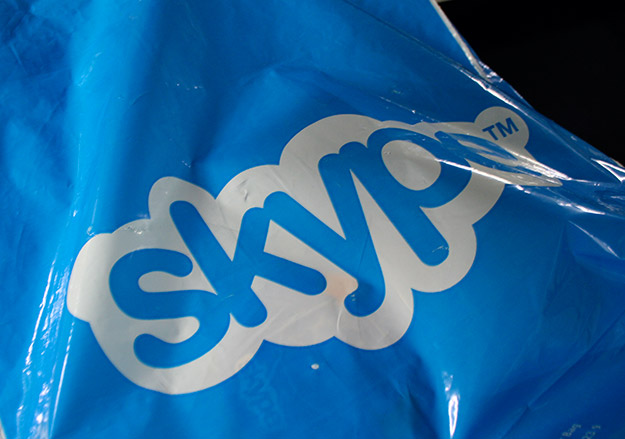Microsoft To Shutter Skype’s London Headquarters As It Consolidates Resources In Redmond

Microsoft is closing its European headquarters in a concerted consolidation effort, putting nearly 400 jobs on ice. According to the Financial Times, Microsoft has “made the decision to unify some engineering positions, potentially putting at risk a number of globally focused Skype and Yammer roles” and says that it remains “deeply committed to doing everything we can to help those impacted through the process.”
This is a drastic turn of events for Skype, as just three years ago Microsoft heralded London as a center for tech innovation with the opening of the brand new headquarters. “The new London office is home to coders, engineers, marketers, analysts, management and admin, who come from all corners of the globe,” said the Skype Team in a spring 2013 blog posting.

“London is becoming an increasingly important hub for Skype’s business as it grows from East to West. And as London straddles the world’s time-zones, it’s the best location to keep East and West in touch.”
In just over three short years, that exuberant optimism is fading away as Microsoft is looking to wrest away power from the satellite office and conduct more operations from its Redmond, Washington home base.
“One of the things that was always a big issue for Microsoft was that big decisions at Skype would usually always be made in Europe, not in Redmond,” said a former Skype employee in an interview with the Financial Times, who wished to remain anonymous. “Now, it’s a Redmond, Microsoft-led company rather than an independent Skype.”
It was also reported that every single Skype manager has been replaced with a Microsoft manager since the original 2011 acquisition, which has further robbed any semblance of Skype retaining at least partial autonomy from the mothership. What this means for the future of Skype remains to be seen, but hopefully its future is a lot brighter than another of Microsoft’s European acquisitions: Nokia.

